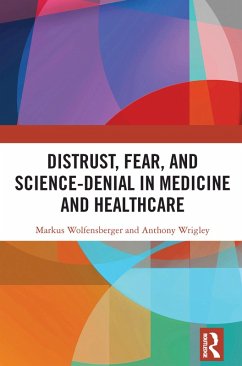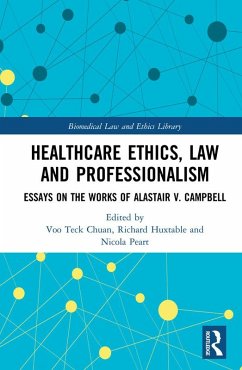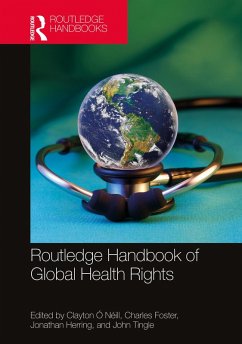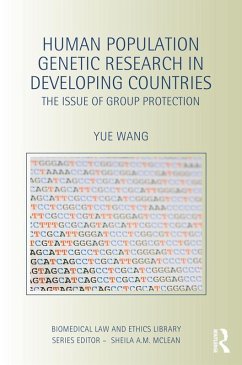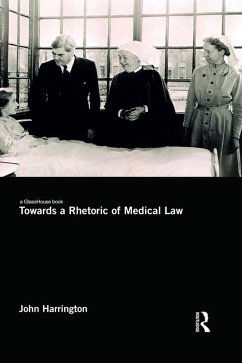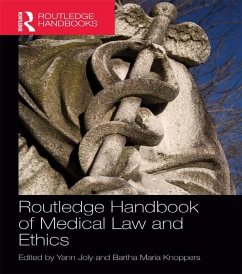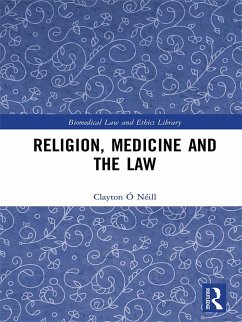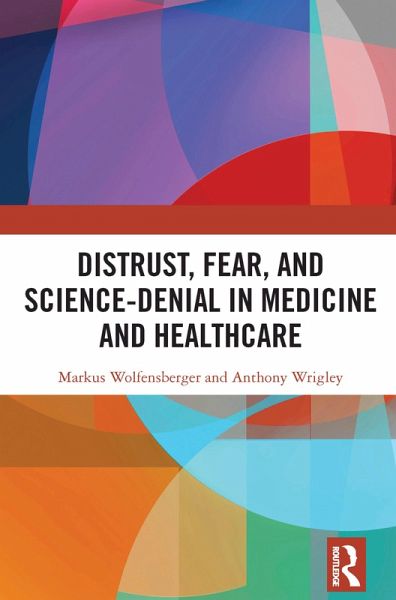
Distrust, Fear, and Science-Denial in Medicine and Healthcare (eBook, ePUB)
Versandkostenfrei!
Sofort per Download lieferbar
42,95 €
inkl. MwSt.
Weitere Ausgaben:

PAYBACK Punkte
21 °P sammeln!
Over recent decades, the decline of trust, mounting of fears, and increasing denial of science appear as a marked shift of societal attitudes towards many institutions and professionals. This book analyses these developments and looks at their role in medicine and healthcare, both in terms of the patient-physician relationship and for delivering high-quality healthcare, in order to establish why we need trust and what can be done to restore it. The book begins by offering a conceptual analysis and definition of trust, using a 'pattern definition' based upon typical features and common usage of...
Over recent decades, the decline of trust, mounting of fears, and increasing denial of science appear as a marked shift of societal attitudes towards many institutions and professionals. This book analyses these developments and looks at their role in medicine and healthcare, both in terms of the patient-physician relationship and for delivering high-quality healthcare, in order to establish why we need trust and what can be done to restore it. The book begins by offering a conceptual analysis and definition of trust, using a 'pattern definition' based upon typical features and common usage of the term, as well as the related concepts of hope, fear, and belief. It charts evidence for the decline of public trust in various professions, and then looks at the causes, as well as the accompanying growth of fear and the rejection of science. The study addresses possible options for restoring trust in medicine and healthcare, be it in individual physicians, in hospitals, or in managed care institutions. Written jointly by a medical doctor and an academic specialising in biomedical ethics, the book will be of interest to those working in the areas of biomedical ethics and law, medicine and healthcare, public health, philosophy, sociology, politics, and psychology.
Dieser Download kann aus rechtlichen Gründen nur mit Rechnungsadresse in A, B, BG, CY, CZ, D, DK, EW, E, FIN, F, GR, HR, H, IRL, I, LT, L, LR, M, NL, PL, P, R, S, SLO, SK ausgeliefert werden.




